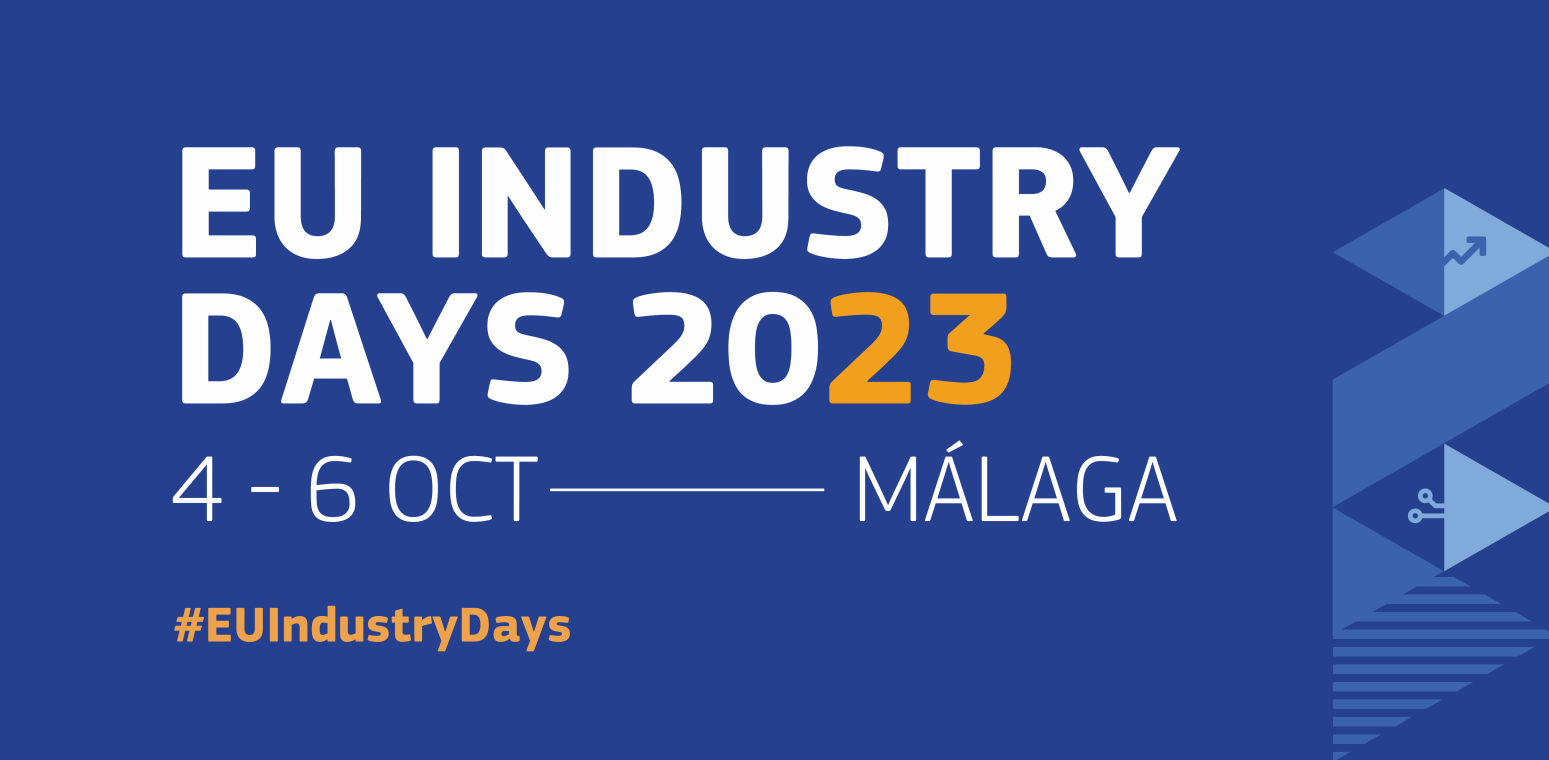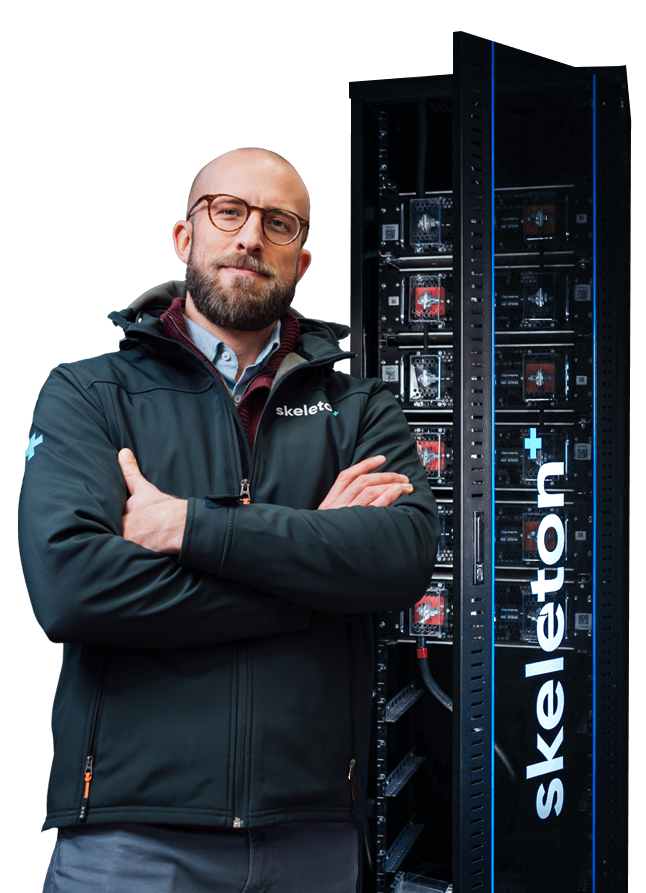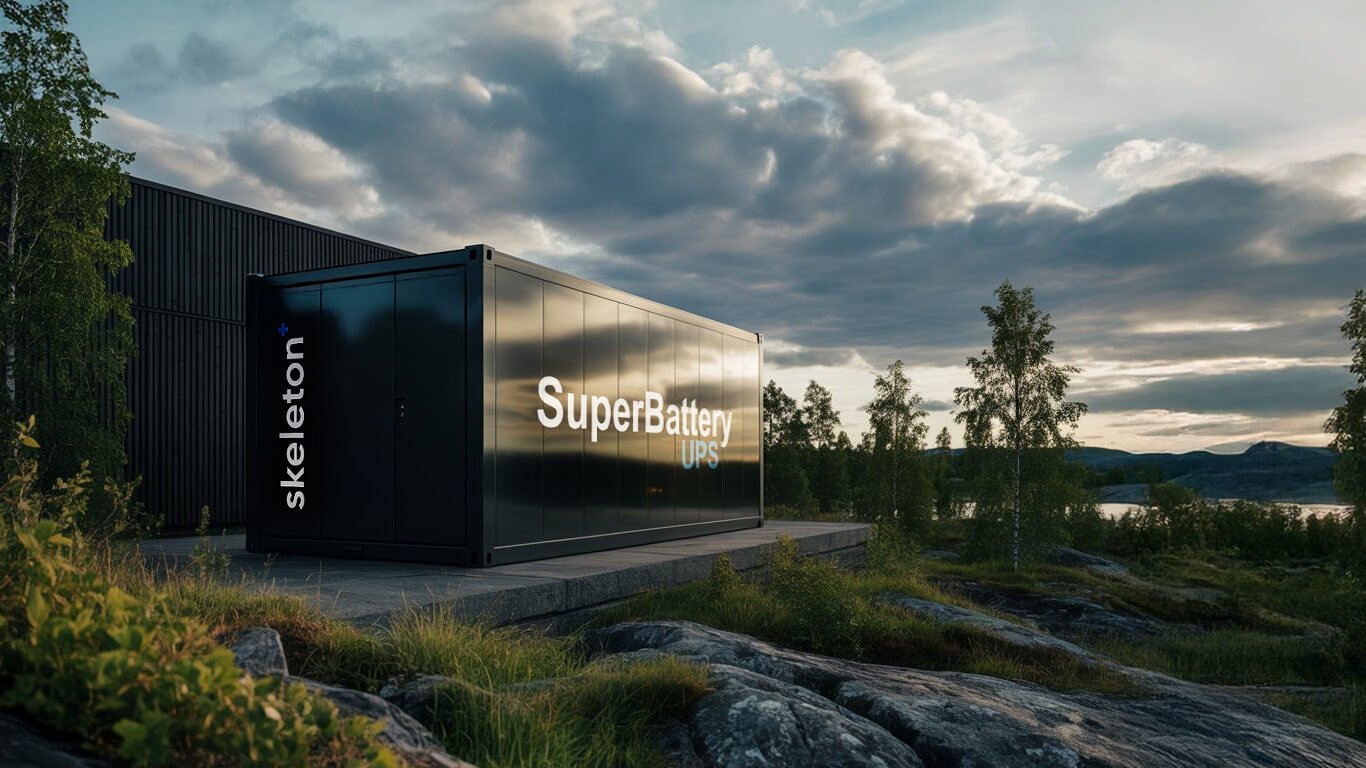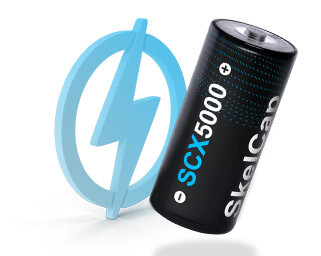
Taavi Madiberk at EU Industry Days 2023: Europe's need for innovation

The conversation opened with Maive Rute posing a fundamental question about the strategic significance of batteries: "Why do we say that batteries are actually a strategic issue at all?"
Drawing from the semiconductor industry, it's evident that Europe needs to grow its battery sector. Production capacity needs to dramatically increase to reach the EU's manufacturing targets and strategic autonomy. But it's not just about scale. European battery initiatives must also prioritize innovation and global competitiveness. Companies like ASML in the semiconductor world serve as a guiding example.
As both Taavi and Maive Rute underlined, batteries' crucial importance extends far beyond electric vehicles – the focus should be on the broader market for storage capacity, essential for a renewable energy system.
.png?width=1920&height=1080&name=EU%20Industry%20Days%202023%20fireside%20chat%20with%20Taavi%20Madiberk%20and%20Maive%20Rute.%20(1).png) Screenshot from EU Industry Days 2023 discussion “Stories of Transformation – Batteries Made in Europe” with Maive Rute and Taavi Madiberk.
Screenshot from EU Industry Days 2023 discussion “Stories of Transformation – Batteries Made in Europe” with Maive Rute and Taavi Madiberk.
Taavi Madiberk emphasized the fast-rising share of the battery market in the European and global economies. By 2030, the global battery market is projected to be worth half a trillion euros. With the integration of energy storage by 2040, this value might climb to a staggering one trillion euros. To provide a sense of scale, he juxtaposed the battery industry with the global power generation market, which stands at about 2 trillion.
Empowering European Entrepreneurs to Elevate Domestic Manufacturing
A growing concern is Europe's positioning in the global battery race. The continent finds itself caught in the crossfire between America and China, which are both highly scaling and subsidizing their manufacturing capacity. This sends a stark reminder: Europe must act or risk losing it all.
For boosting domestic battery manufacturing in Europe, three core elements are essential: speed, scale and simplicity. This entails accelerating approvals for top-tier projects and streamlining permitting and approval processes across both EU and national platforms. Additionally, it's vital to ensure straightforward access to EU-wide funds geared towards production expansion, coupled with uncomplicated tax breaks and support for production. A distinct focus should be on projects emphasizing the reduced use of critical raw materials, leveraging substitutes, or capitalizing on materials that Europe has in abundance.
Madiberk was candid in his assessment, "It’s evident that Europe isn't competitive in terms of cheap labor and we also lack an advantage in large-scale mining. Thus, a distinct strategic approach is essential if we're to ensure a sustainable future."
To navigate these challenges, Europe needs clearly defined production targets, tax breaks on investments and grants designed specifically to scale up battery manufacturing. Moreover, it needs a "green simplification agenda" that can streamline permitting and approval processes for projects. Public support takes too long to get approved, fostering uncertainty for private investors. Although based on current announcements Europe might seem poised to achieve its 2030 goals, the reality depends on timely execution and funding of these projects.
Beyond strategy, the conversation broached the concept of European strategic autonomy, emphasizing the importance of forging partnerships with like-minded countries. Madiberk cited the collaboration between his company, Skeleton, and Japanese strategic partner Marubeni as a testament to the significance of knowledge transfer and international collaboration. A lot of complementarities can be found between Europe and East Asia, namely Japan and Korea.
Pivoting to regulations, Maive Rute queried the direction Europe is taking in battery regulations and the role of initiatives like the European Battery Alliance. Madiberk's response was candid: while Europe's direction is right, speed is of the essence. Standardization, particularly in terms of recycling and CO2 emissions, was highlighted as a key area.
"The direction we're taking is undoubtedly correct. However, there's an age-old saying: it's not just about being right, but being right at the right time. Thus, it's imperative we act with urgency," commented Madiberk.
Skeleton's CEO then delved into the topic of sustainability and life cycle analysis, emphasizing that the focus should not just be on manufacturing emissions but on the energy throughput and the battery's lifespan. "In discussions about sustainability, it's also essential to recognize that a climate solution is truly sustainable only when the companies and products behind it are financially viable," he added.
As the conversation neared its close, the topic of global champions in the battery business was touched upon. Madiberk stressed the need to develop heavyweight European companies that can compete on the global stage. "We can't simply assume that having Asian companies build battery plants in Europe solves everything. That's not the case. Such an approach isn't sustainable, especially when we recognize that economic growth and addressing climate change need to go hand in hand," argued the CEO.
To conclude, the discussion underscored two primary areas: Europe's strength in power grid integration and heavy-duty equipment and the pressing need to push the boundaries of material science. "In terms of grid, industrial, and energy storage, Europe holds a natural advantage. Consider the major power integrators such as Siemens, ABB, and others – we have the competence. This also applies to heavy-duty equipment and industries in countries like France, Germany, Italy and Spain. We should leverage this inherent strength," said Madiberk.
"While Europe is often lauded for its exceptional R&D, it's high time we harness material science to its full potential. The focus shouldn't just be on sourcing more lithium or mining it cost-effectively. It's about developing technologies that use less lithium and are more sustainable as well as cost-effective. The products and the companies need to have long-term profitability to make an impact on the European industry,” concluded Skeleton's CEO.





